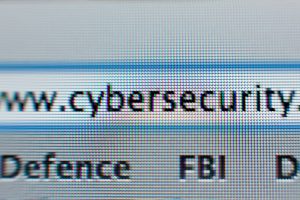 It can be perilous for a single individual to expose a company’s illegal acts. Whistleblowers, as these courageous people as called, risk losing their jobs, damaging their reputations, being ostracized by coworkers and neighbors, and other detriments by daring to speak up.
It can be perilous for a single individual to expose a company’s illegal acts. Whistleblowers, as these courageous people as called, risk losing their jobs, damaging their reputations, being ostracized by coworkers and neighbors, and other detriments by daring to speak up.
Federal and state legislatures recognize the dangers and have enacted whistleblower laws, which protect those who come forward from retaliation by the persons or businesses they identify as engaging in illegal conduct. False Claim statutes also provide whistleblowers with legal recourse. These laws allow for qui tam lawsuits, which allow a person to sue an individual or business believed to have defrauded the government of public funds to recover the illegally obtained money. The person bringing suit is referred to as a “qui tam plaintiff,” and can possibly receive a large percentage of the funds collected from the wrongdoers.
By allowing whistleblowers to bring a civil action, governments acknowledge the public service whistleblowers fulfill and the hardships they endure as a consequence of their exposing fraud.
 Healthcare Fraud Lawyer Blog
Healthcare Fraud Lawyer Blog












